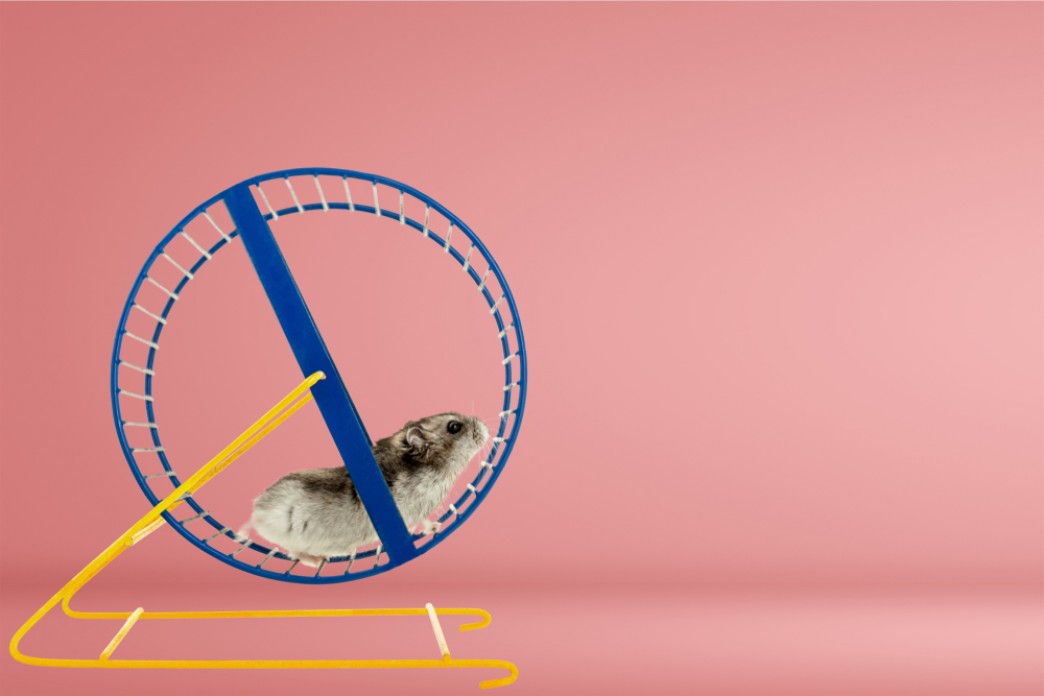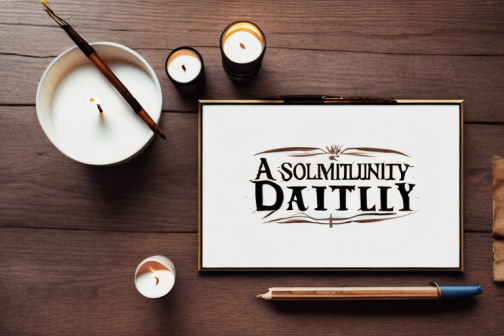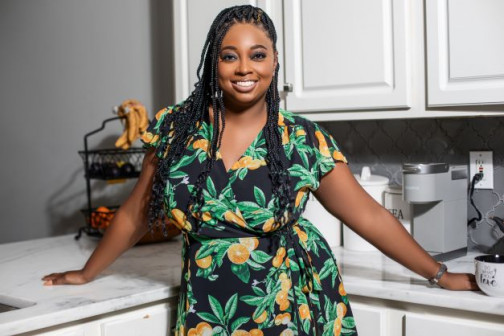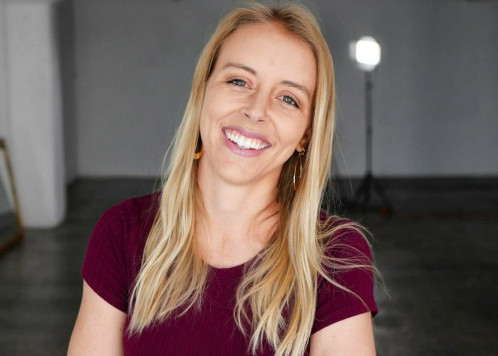When do you tell people that someone important to you has died?
“Mommy, Mommy!” It was the voice of my nine-year-old son, who can be pretty darned persistent even when he just wants more macaroni and cheese before soccer practice. At the time, I was answering some work emails, so at first I admit his shouting didn’t fully register.
“Mommy!” he called again from the staircase that led up to the bedroom he shares with his big brother, who’s thirteen.
I looked up from my computer and called out, “What?”
The next thing I heard was his feet padding down the stairs and soon he was standing next to me.
“Mom. Should I tell Mrs. Ellis that Nutmeg died?”
Oh boy. Nutmeg is our hamster. Or… she had been our hamster, until the day before when I’d found her in her fancy rodent condominium, unresponsive. My younger son (the one asking the question now) had been outside playing baseball when I’d gone upstairs to refresh Nutmeg’s water, and I’d made the grim discovery that she was—gulp—no longer with us.
The fact is, Nutmeg was our first family pet, and at the moment I realized she was dead, I instantly felt a maternal flash of recognition that my boys were about to lose a part of their innocence. They were going to experience loss. It hurt my heart, but that wasn’t all. I took a deep breath and just stood there for a minute, taking in my larger reality.
My own father had died just two weeks earlier. I actively banished the thought at that moment, because the two things together, even though unrelated, seemed like an existential pile-on.
When our hamster died, my husband was out of town, so I had waited a day to tell the boys, not knowing how nor having the energy to break that kind of news to my kids. During that time, it honestly felt like death was following me. I walked outside to collect the newspaper from our driveway and discovered that my favorite tree, a luxuriant Japanese maple that flourished in the center of our driveway turnaround, was dying from the same virus that was killing favorites all over the neighborhood.
I picked up the newspaper and went back inside. Later, standing in my kitchen drinking coffee, my phone lit up with an alert. Ric Ocasek, the lead singer of The Cars—one of my favorite pop bands growing up—had died. “Who’s Gonna Drive You Home?”
Damn it all to hell.
When their dad and I finally told them Nutmeg had passed, the boys took it well. They gave a few thoughtful statements of reflection about their first real pet. We reminisced about how chubby and cute she’d been, even though she liked to bite my feet. Surprisingly quickly, the kids moved on to naming the new one we agreed to get them.
The funny thing is, I felt personally traumatized by the layers of death that seemed to be settling in around me, but as a mother, I was relieved they weren’t searching for any deeper explanation about what it means to die. Or maybe they were, and I just couldn’t see it.

Loss and Grief Are Complicated.
We all know the loss of a family member is a mighty thing. Reactions can be complex and overwhelming: there’s how we feel about it, how we don’t feel about it, our beliefs around how we should feel about it (read: guilt), and the confusion that often results.
In my case, that family member was my father. My very own dad. So there was an unexpected relationship between my personal grief and my reluctance to tell my kids their hamster had died. I didn’t want them to feel any part of what I felt. In general, on top of everything we are personally going through after a death so important as that of a parent, how do we reflect our experience to others in our lives—especially our children? Life goes on and so must we. But can we just proceed in the coming days and weeks, interacting as before, when a life event so essential is front and center? No matter what we do, we are not the same.
But the truth is, it wasn’t just telling my kids about their hamster. This same discomfort applied—and still does—to telling co-workers, neighbors (and even friends) that I’ve suffered the loss of my dad.
Unable to identify the right time or place to reveal what’s happened, nondisclosure—just not saying anything—is sometimes my default mode. It may sound selfish, but I don’t want to risk being responsible for–or disappointed in—the reactions of others.
I wonder still, where is the space for disclosure and grief in our everyday life?
So, it kind of surprised me that when my younger son appeared at my side, earnestly asking if I thought he should tell his teacher about Nutmeg the Hamster’s recent death, I didn’t hesitate.
“Sweetie,” I said, “It’s up to you. But since Ms. Ellis is an important person in your life, maybe she should know that you have lost someone else important to you.”
Sara Chokshi lives in New York with her husband, two boys, and a brand new hamster named Cinnamon.
Recommended Memorial Products
- It's OK That You're Not OK — Validation that grief has no rules
- Bearing the Unbearable — A compassionate companion for the heartbreaking path of grief and loss.
- The Grieving Brain — The neuroscience behind grief and healing


-banner.png)






